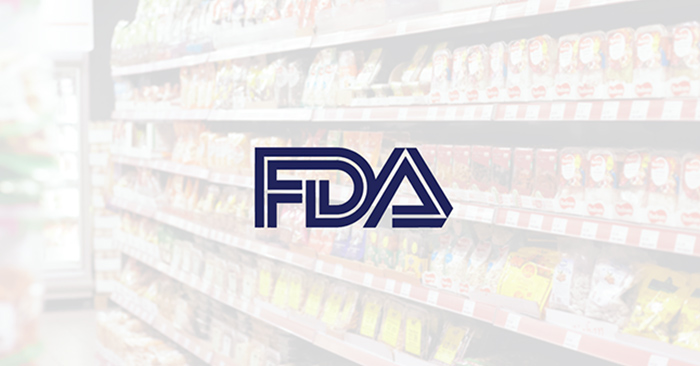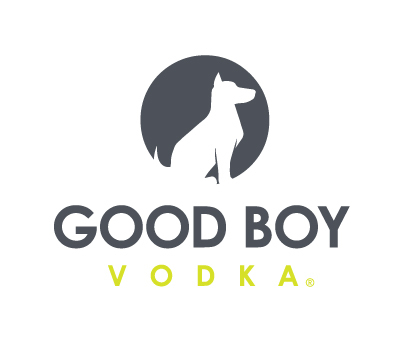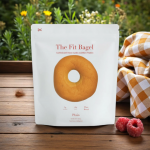Food Labeling Modernization Act Returns To Congress

The Food Labeling Modernization Act of 2021 was reintroduced to Congress last month and proposed sweeping changes to how nutritional information is displayed on food labels. Among the most significant would be a list of demands for the FDA including issuing guidance on a standardized symbol for calorie information on the front-of-pack and definitions for common terms such as “natural,” “healthy,” “artificial” and “synthetic.”
Although similar bills have been introduced in the past only to fail passage, the pressure to clearly define these common terms is increasing — and food and beverage companies welcome the guidance, according to attorney Justin Prochnow, who focuses on regulatory and business issues in the food and beverage industries in his practice at Greenberg Traurig LLP.
Prochnow has defended numerous companies in class action cases regarding food labels and said clearer definitions would make it more difficult for plaintiff lawyers to file misleading and false advertising suits over food labeling technicalities in mass quantities, as they have been over the years.
“When you have definitions you can point to those definitions and say ‘we meet that definition with what we are doing here,’ and the case goes away,” Prochnow explained. “When there isn’t a definition it becomes the proverbial ‘he said, she said’ case and that’s what plaintiff lawyers like because that is going to get past initial stages and get to a judge or a jury who ultimately decides who is right about those particular issues.”
As Prochnow explained, the process of filing numerous complaints at once is so easy that many litigators adopt it as their de facto business model; once they find a claim with enough applicability they can virtually “recycle” the same letter, filing it against every company producing a similar product. Even if the intent is not necessarily to bankrupt companies over a claim, they are looking to force the hand of smaller businesses to settle out of court. These types of filings began to gain ground in the early 2000s, after a class action around products containing high-fructose corn syrup with “all-natural” label claims, Prochnow said, and have been consistently increasing in volume ever since.
Among the most notable of these “frequent filers” is Long Island-based law firm Sheehan & Associates, which has filed over 256 claims since the beginning of 2019, according to a report from Law Street Media. A significant portion of Sheehan’s suits have been against food and beverage companies for labels such as vanilla-flavoring in products where artificial flavors were actually used or real fruit claims by sparkling water companies when the flavors were derived from fruit compounds. Sheehan previously told BevNET he hopes by bringing these cases the companies themselves will begin to be more careful with how they label and advertise the product and, in turn, protect the consumer.
The bill also targets sugar content in food and beverage products and would bar companies that sell products with more sugar than an FDA-defined level from making any health claims at all. The majority of the bill is focused on standardizing how consumers interpret the benefits of food and beverages, including a provision mandating the FDA to establish warning symbols on packaging for products that are high in saturated or trans fats or sodium and create a scoring system to convey a product’s health “value” at scale.
However, Prochnow noted that “the definition of healthy that is currently being held in the regulations doesn’t meet the standards of this day and age,” and cited the warning letter to the producers of KIND bars that recently challenged the definition of healthy.
Whether the act actually makes it into law or not, Prochnow and the new proposed regulations emphasize a need for food labels to continuously evolve with the changing landscape of the industries.

















